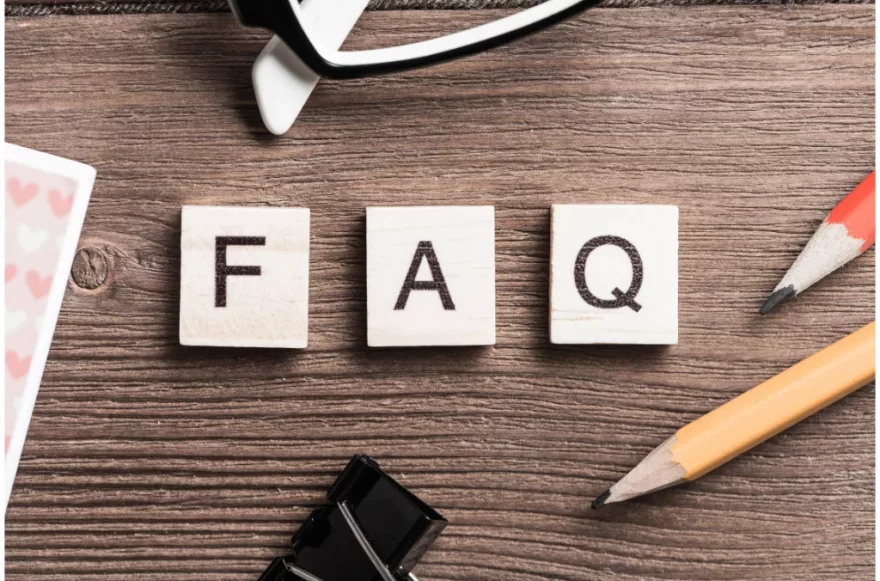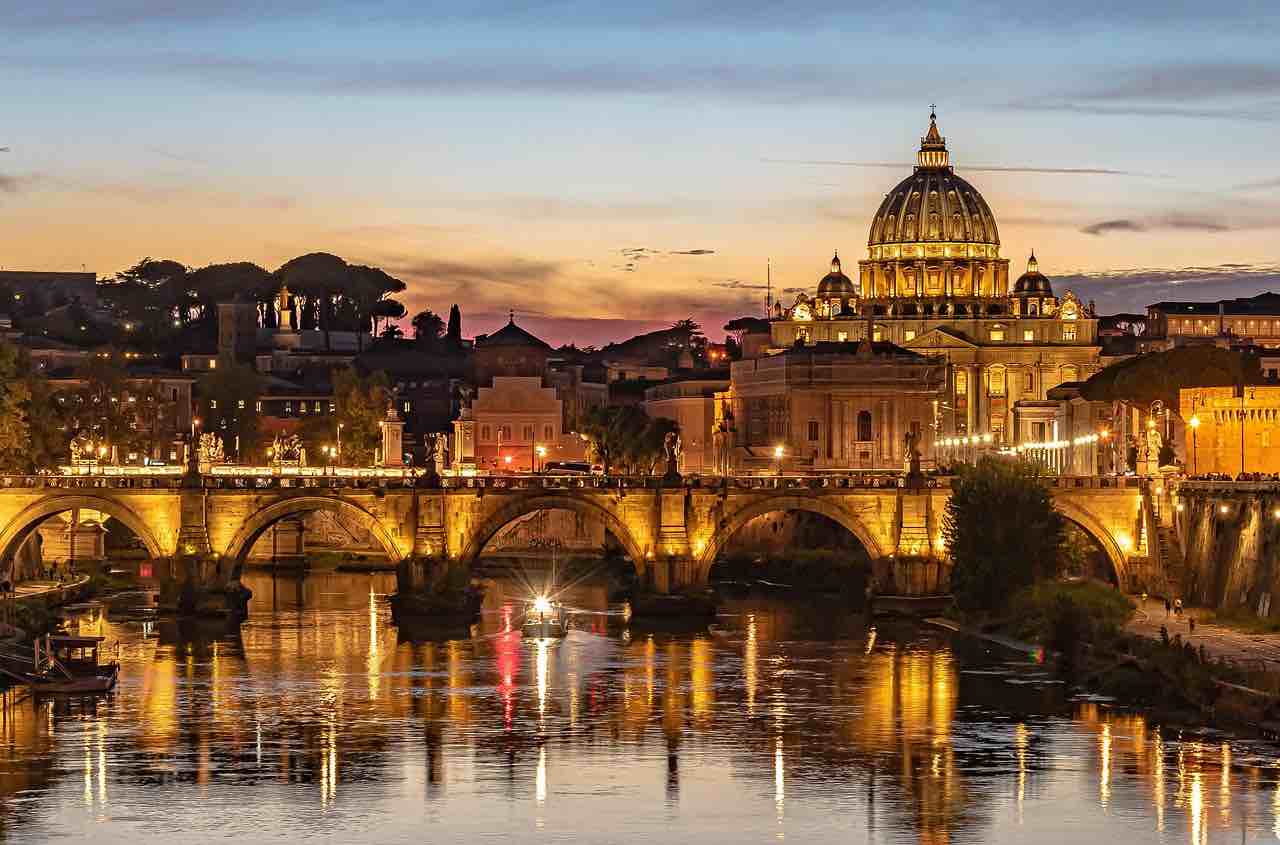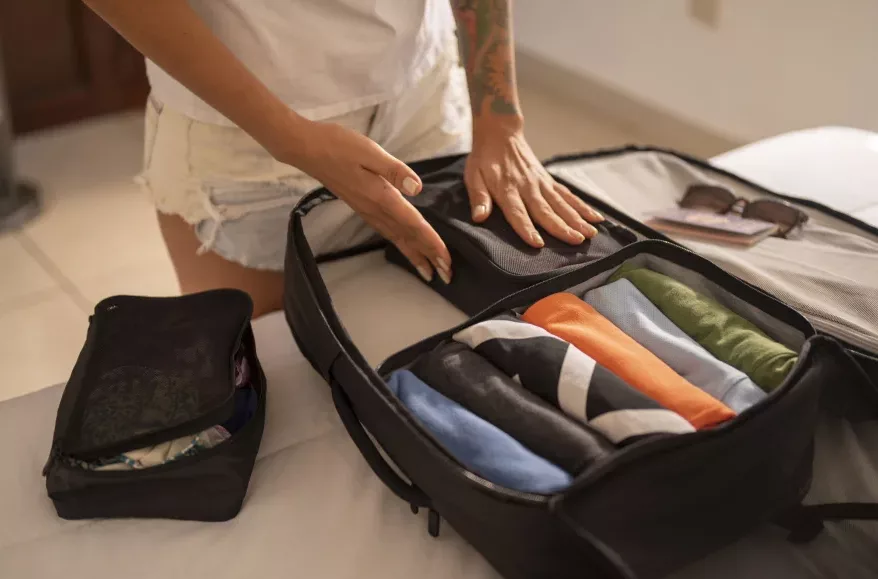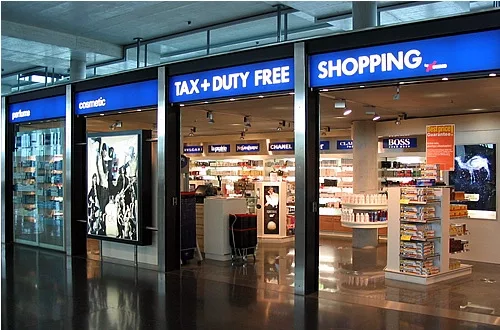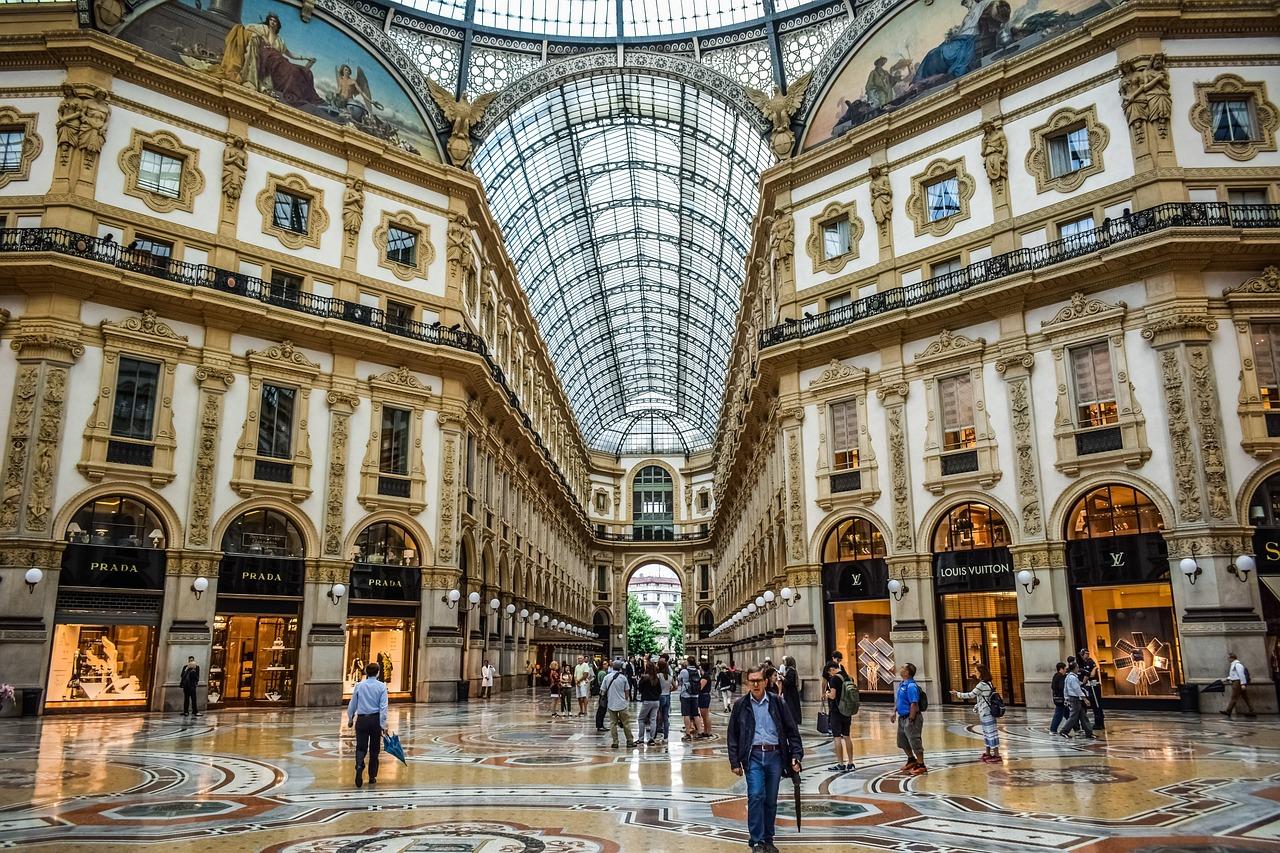Feel free to submit your questions in the bottom.
Table of Contents
Question: Is it necessary to convert Euros before the trip?
Answer: In brief, yes, it’s advisable to exchange some Euros before your trip. While many stores, hotels, and restaurants accept Visa, Mastercard, and American Express credit cards, you may come across smaller establishments or older facilities that still prefer cash payments. For instance, some public restrooms operate on a coin system, so having some coins handy is recommended. Additionally, it’s a good idea to carry some Euros in case of emergencies.
Question: Do I need to tip in Italy?
Answer: In Italy, tipping or gratuity is considered a bonus for exceptional service. Tipping is not obligatory, and it is totally up to you. It’s common to round up the bills in restaurants, cafes, and taxis. Tipping hotel staff and tour guides is also optional. A common practice to reward good service is to leave approximately €1 per diner in sit-down restaurants. Always check if a service charge is included in the bill before leaving an additional tip.
Question: Which option is preferable: rent a car or use public transportation?
Answer: If you’re exploring major cities like Rome, Florence, Milan or Venice, relying on public transportation is often convenient due to traffic congestion and limited and expensive parking. Above cities have well-established public transit systems, including trains and buses, making it easy to navigate.
The ZTL (Zona a Traffico Limitato) zones in Italy, restricting vehicle access in city centers, can affect tourists renting cars. Tourists should be aware of these zones, as entering without authorization may lead to fines. It may be more practical for tourists to use public transportation within ZTL areas.
However, if you plan to explore rural or less accessible areas, renting a car might offer more flexibility and convenience.
Check more in our Italy Transport Guide.
Question: Do I need to be cautious about pickpocketing in Italy?
Answer: Yes, tourist areas, crowded public transportation, and popular attractions can be hotspots for pickpocketing. Keep an eye on your belongings, use anti-theft measures like anti-theft bag, money belts, and be cautious in crowded areas. Take screenshots of your passport, credit cards and travel/plane tickets and backup in the Cloud (such as Google Storage) in case your smart phones or bags are stolen.
Check our guide on “Top 5 Things to Buy before Your Italy Trip“.
Question: Any advices for elder people?
Answer: Ensure you have comprehensive travel insurance that covers medical emergencies and trip cancellations. Check accommodation and attraction accessibility. Many tourist attractions in Italy involve climbing churches or towers. Travelers with heart conditions should be cautious and assess their physical capabilities before attempting such climbs. It’s advisable to consult with a healthcare professional before embarking on activities that may exert physical stress, and to choose attractions with less strenuous alternatives or elevators when available. Prioritizing health and safety ensures an enjoyable and risk-free travel experience.

